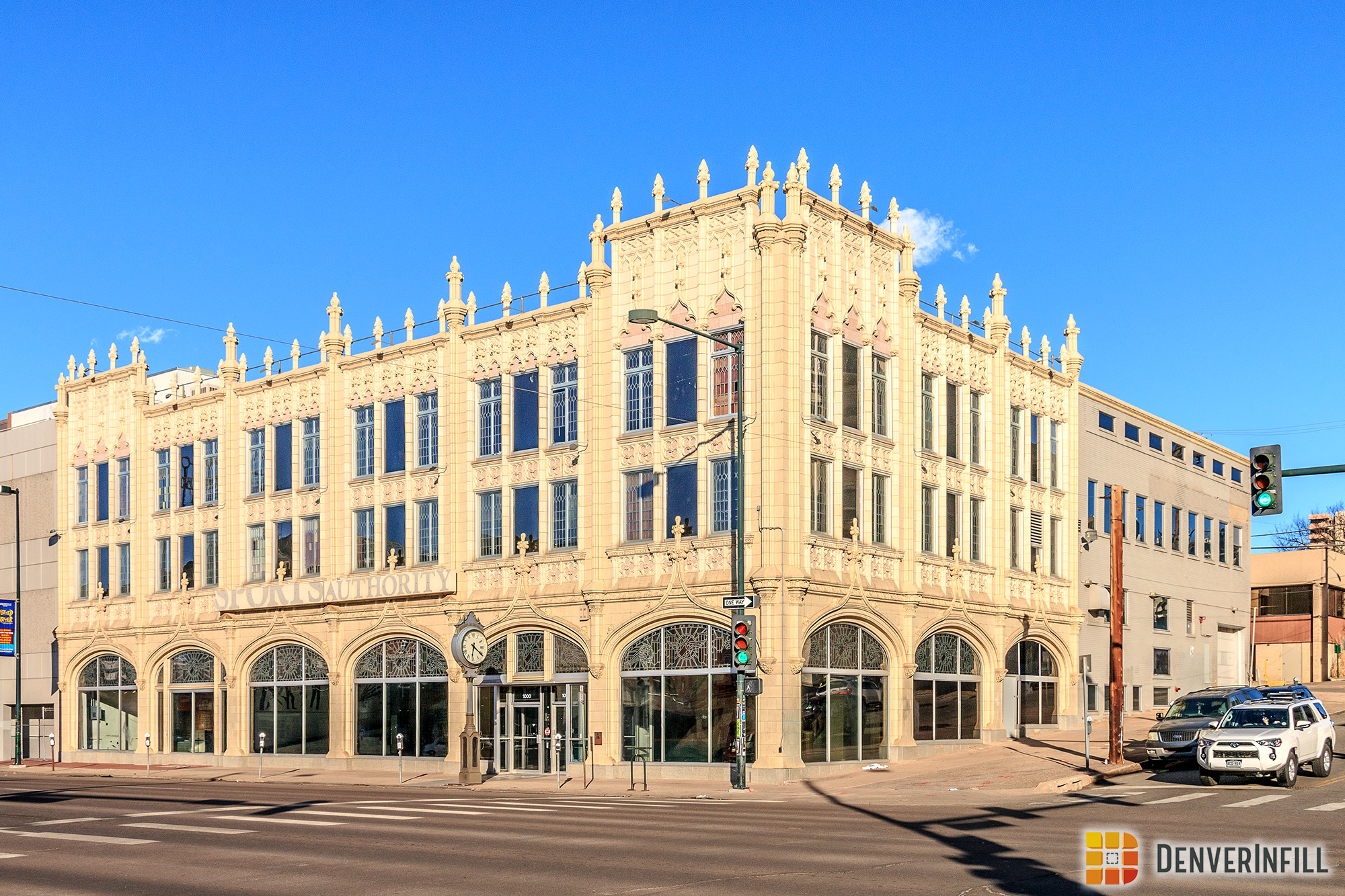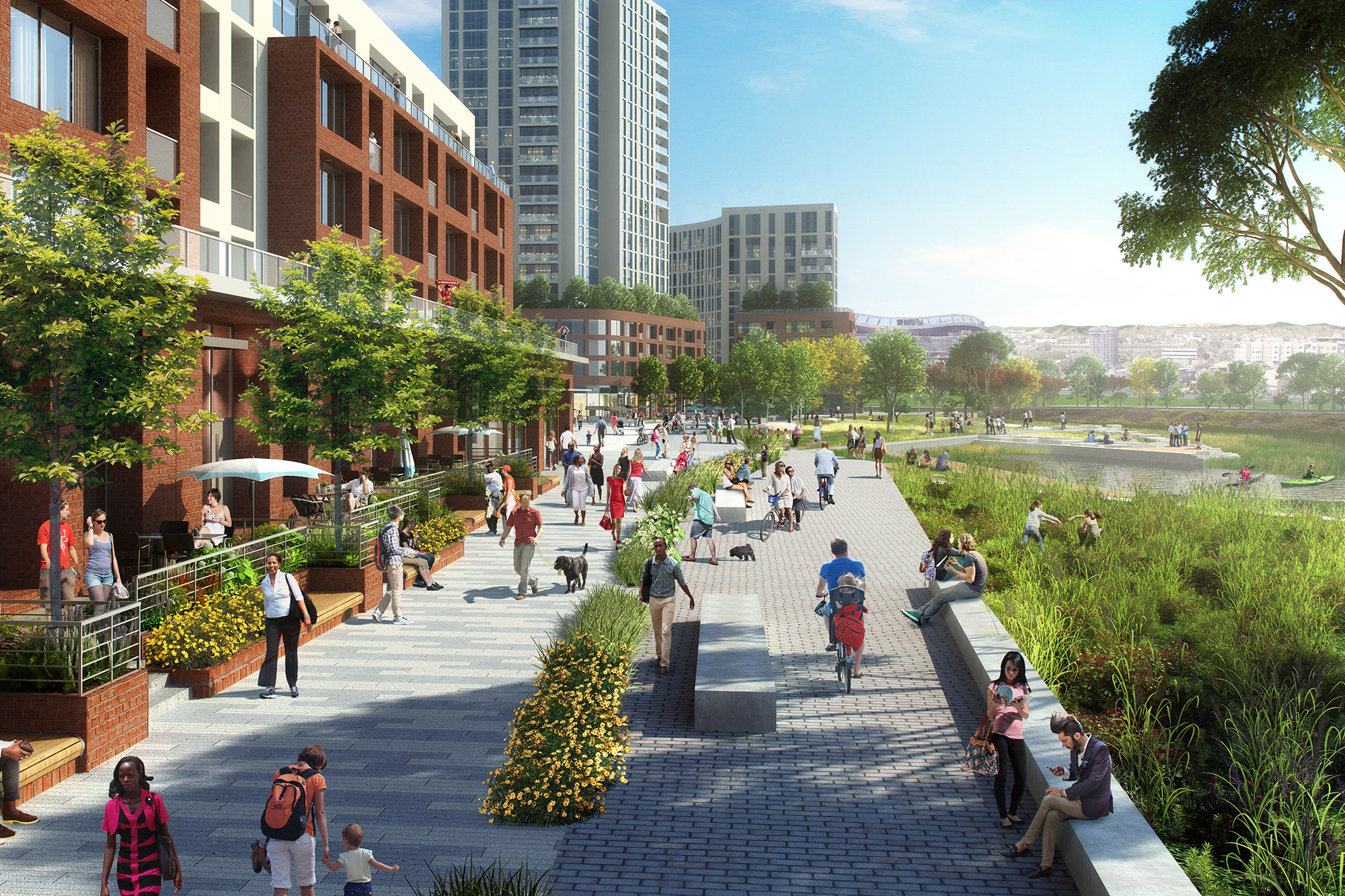One of my favorite urban commentators is Jon Talton, formerly with the Arizona Republic newspaper, who now lives in Seattle. While at the Republic, Jon frequently wrote about the urban condition in Phoenix and that city’s uphill struggle to overcome a half-century of widespread sprawl and an anti-urban political mindset. Jon also lived for a time in Denver and wrote for the Rocky Mountain News. He now has a blog that features both political commentary as well as observations about urban development in Seattle, Phoenix, and elsewhere. Recently, Jon wrote about Denver and its success in maintaining and improving its urban core. It’s a good read and it affirms that we’re on the right track in Denver.
Jon Talton on Denver
Related Posts
2 Comments
Comments are closed.










Jon focuses on comparing Denver to Phoenix, and I think his most notable point is that "…Denver began the last century as a city, with more than 100,000 people."
In 1900, Phoenix was about 1/20th of the size of Denver, despite the fact that its metro is much larger today.
Both cities have grown appreciably in the automobile age (1940s onward), but before car ownership became widespread, Denver already had a large, established core that grew around the pedestrian and the streetcar, while Phoenix did not.
It's really amazing how big the impact of the dominant form of transportation is on the built environment. While there certainly are other factors, one of the easiest ways to predict a city's built environment in America is to consider the time period in which it grew, and how most people got around.
That's a good point, certainly as it relates to the 20th century. I would submit that the factor having the largest impact on a city's growth and development in the 21st century is going to be its public transportation system.
I think the age of the automobile is over. As a form of transportation it's not fast enough (at least over long distances), it's not cheap enough, and it requires way too much infrastrucure. Or, to use a popular concept, it bears an unacceptably large carbon footprint.
Denver's 21st century advantage over "automobile age" cities like Phoenix may well come from our "railroad age" history.